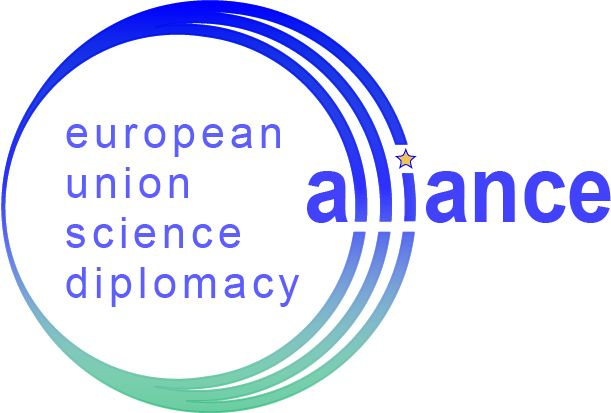In its latest publication, the Expert Group on the Economic and Societal Impact of Research and Innovation (ESIR) underlines how Europe’s established model of openness is being challenged. In an era of disruption, geopolitical tensions, climate challenges, and a technological
New architectures for bottom-up science diplomacy
New architectures for bottom-up science diplomacy: Learning from the evolving Portuguese diaspora in the UK by Luís Miguel Lacerda, Manuel Heitor, Jean-Christophe Mauduit Abstract Scientific diasporas and related non-state actors have increasingly been coming into play to permeate and promote modern science
Comprendre l’essor de la diplomatie scientifique
Our dear colleagues and Alliance members from the Agence Universitaire de la Francophonie (AUF) Marielle Payaud and Olfa Zéribi recently published an interesting piece in “The Conversation”. Titled “Comprendre l’essor de la diplomatie scientifique” they inform about science diplomacy and
History and Science Diplomacy (Histoire et diplomatie scientifique)
Histoire et diplomatie scientifique (Histoire, Europe et relations internationales 2022/2 (N° 2) Coordinated by Léonard Laborie This special issue on history and science diplomacy is published in French, but contains highly interesting contributions in English language. Among the team of authors are
The Precarious Balance Between Research Openness and Security
The Precarious Balance Between Research Openness and Security Colglazier, E. William. “The Precarious Balance Between Research Openness and Security.” Issues in Science and Technology 39, no. 3 (Spring 2023): 87–91. https://doi.org/10.58875/PVVJ5251
Where is the Global South in the Science Diplomacy Narrative?

The paper was published in 2022 by Andrei Polejack (Ministry of Science, Technology and Innovation; World Maritime Univeristy), Jenice Goveas (Indian Institute of Science (IISc)), Sam Robinson (University of Southampton), Tim Flink (Berlin Institute of Health – Humboldt-Universität zu Berlin),
Innovations In Science Diplomacy (JSPG-UCL STEaPP Special Issue)
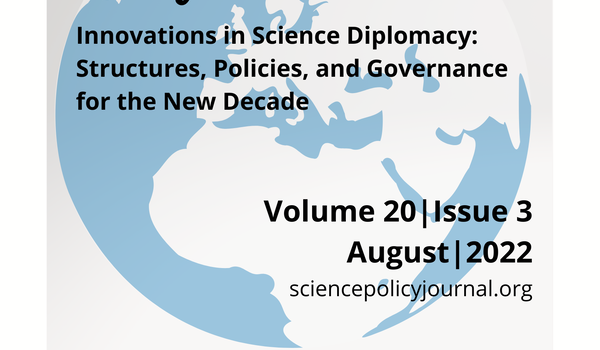
The Department of Science Technology, Engineering & Public Policy, University College London (one of the associated partners of the EU Science Diplomacy Alliance) partnered with the Journal of Science Policy & Governance (JSPG) to introduce Volume 20, Issue 3, of
S4D4C research article: Knowledge power Europe
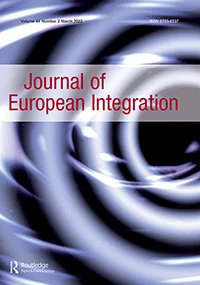
Abstract: In the longstanding debate over how to characterize the EU as a global actor, knowledge is conspicuously missing. We introduce the term Knowledge Power Europe to emphasize the importance of knowledge for the EU’s foreign policy efforts, particularly as
Water Diplomacy – The New Modus Operandi of EU Diplomacy? Innovative Methods in Diplomatic Practice
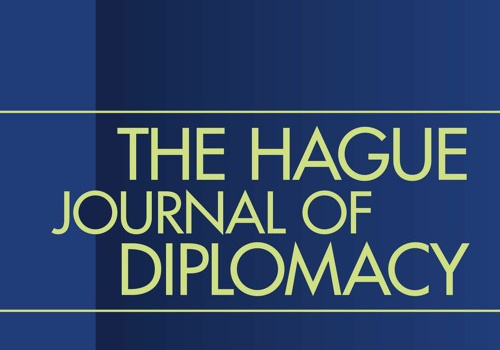
This article explores how EU water diplomacy can enrich the current debate on science diplomacy, primarily in the science in diplomacy category. It aims to contribute to the debate on diplomatic instruments and their innovative elements. It focuses on new
Taking the pulse of science diplomacy and developing practices of valuation
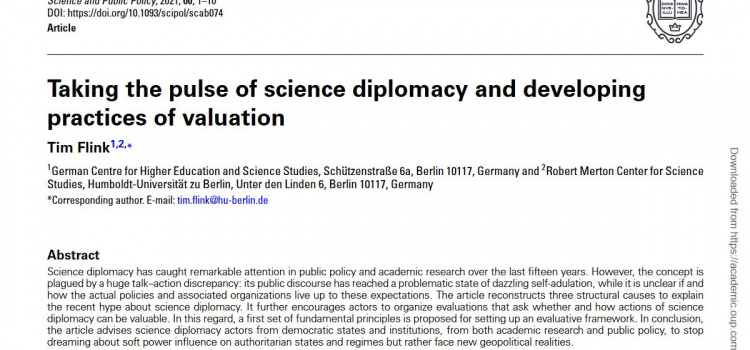
One of the results of the S4D4C project has been published open access: Tim Flink’s account “Taking the pulse of science diplomacy and developing practices of valuation” has been peer-reviewed and published in Science and Public Policy in November 2021.
